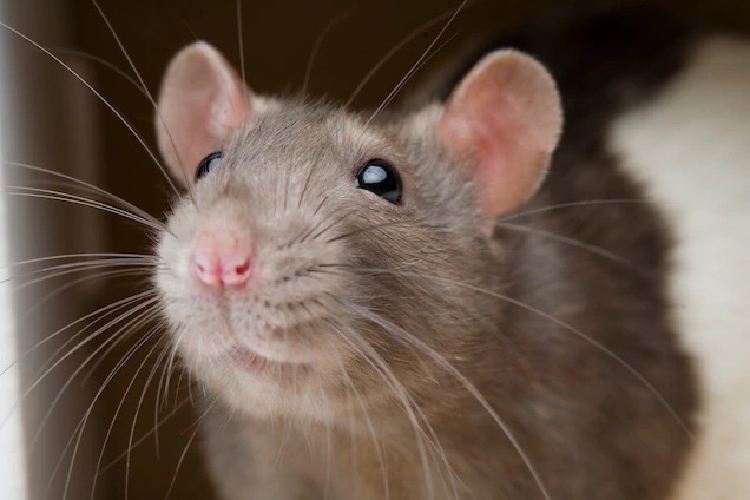
Rats in The Yard
We regularly have sightings of rats in The Yard due to the lack of cats, access to food sources, nearby wild spaces (Narroways, the allotments and The Farm). It’s not possible to entirely eliminate them from The Yard, but we can keep down their numbers if we work together.
Why are rats a problem in general?
- Rats spread diseases through their urine, faeces and saliva. Children playing in The Yard are particularly at risk from ingesting something nasty. - Rats can bite when threatened, another risk of infection or disease. - Rats are very prolific breeders, and will easily establish a large number if they find a good habitat.
- They can push out or overwhelm local wildlife populations if their numbers are able to continually expand (they eat birds eggs, frogs, toads etc, and monopolise food sources.)
How to keep rat numbers down
Rats need food, water, shelter. If they find it, they will move in. If they don’t, they’ll move elsewhere. Denying food and clearing out nesting areas, will keep rat numbers down. But we all need to do our bit across the site to be effective.
Bird feeders
Bird feeders are the biggest attraction for rats in The Yard. Of course we want to feed the birds, so follow this advice to make it less attractive for rats.

Bird feeders attract rats

Install a baffle below the food

Some feeders use weight to close feed holes
- Take down your bird feeders in the summer months.
- Birds have plentiful alternative food sources in the summer, and the lack of easy access to food will cause rats to move out to seek food elsewhere, and reset the wildlife population balance.
- Buy smaller quantity, high quality bird feed
- Rats will eat any bird food that falls to the ground. Birds will pick through cheap food and throw fillers and husks on the ground. Buying a smaller quantity of good quality bird food will result in less waste on the ground, and less food for rats!
- Put bird feeders out in the morning
- Rats are generally nocturnal. Put out just enough bird food for the morning, then take it away during the day when the birds have finished.
- Use bird seed that rats won’t eat
- Birds have fewer taste buds than rats, so you can mix chilli powder or cayenne pepper with bird food that will deter rats but not birds
- Keep rats off your bird feeders
- Stop rats climbing bird feeder poles by in stalling a baffle below the food. You can buy or make these easily – there are lots of videos on YouTube showing how.
You can also stop rats from getting to hanging feeders by hanging them from something unstable, like a washing line rather than a tree branch, so that rats can’t climb it.
- Keep bird food off the ground
- Put a tray or basket under your feeder to catch falling seeds. You can buy feeders with these attached, or make them easily and cheaply (YouTube has lots of videos showing how)
- Use ‘no mess’ food like fat balls or ‘suet cakes’ where seeds have to be pecked out individually
- Sunflower hearts (with no husk) are popular with birds, and the little waste that falls on the ground can be eaten before nightfall by ground feeders such as blackbirds.
- If you take your bird food in each day, then when the birds have fin ished, you can put something like a bin lid on the ground under your feeder, to catch any discarded food, and then dispose of it before rats appear.
Keeping rats out of your compost bin
This is the second most common attraction for rats in The Yard, so try these tips to make it harder for them to get into your compost bin
- Put your compost bin on slabs, so that rats can’t dig underneath it, and put chicken wire underneath and around any openings.
- An efficient compost bin should be too hot for rats. A good tip is to add plenty of cardboard torn into small pieces, and turn the compost regu larly.
- Or try a rotating compost tumbler, which you can buy online, or make your own (instructions on YouTube). They also make faster compost than static bins, and aren’t such hard work!
- Try an enclosed system, like a wormery, which will make a nutrient rich liquid plant food as well as compost (you can buy these online, or make your own, instructions on YouTube)
Closed system composters

a wormery and a compost tumbler - they can be expensive

but you can make your own
Other measures
- Rats love decking, replace decking with solid structures
- Fill in any holes you find, preferably with sharp chippings and keep filling them
It’s up to all of us to police our own gardens to stop providing food and shel ter for rats, and to take responsibility for good stewardship of our gardens.
“Rats are not the problem, people are!”
